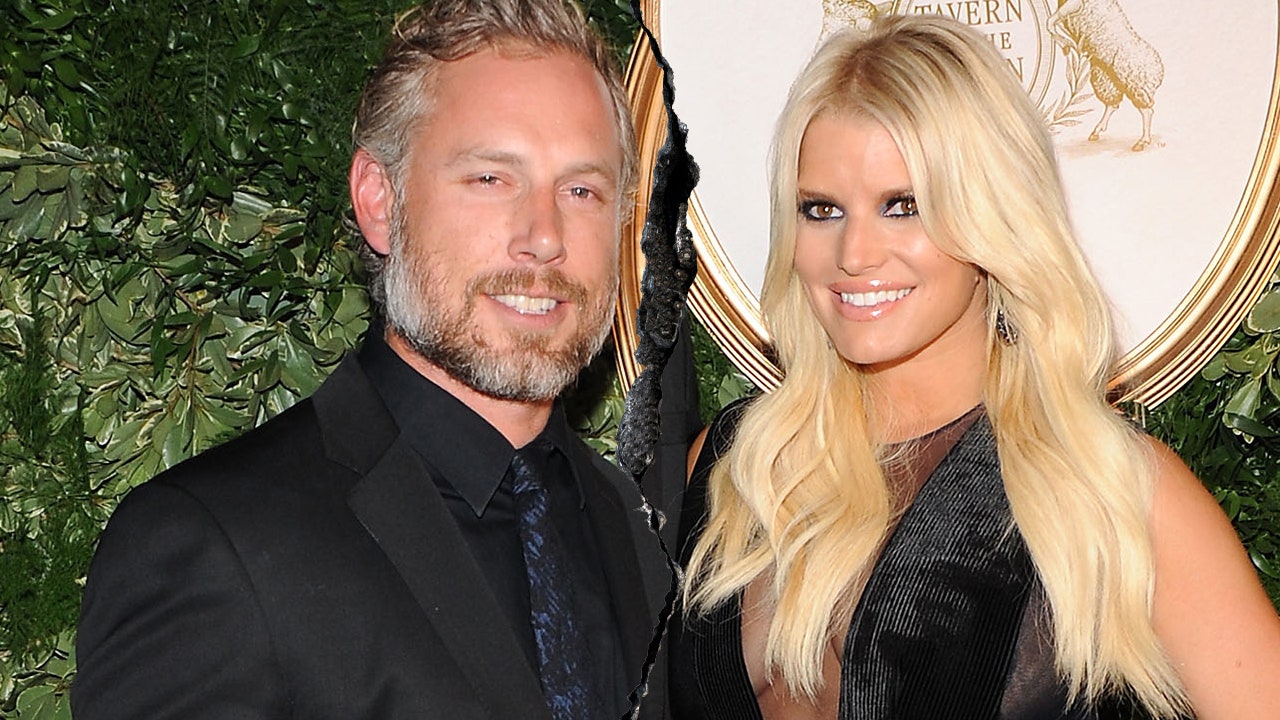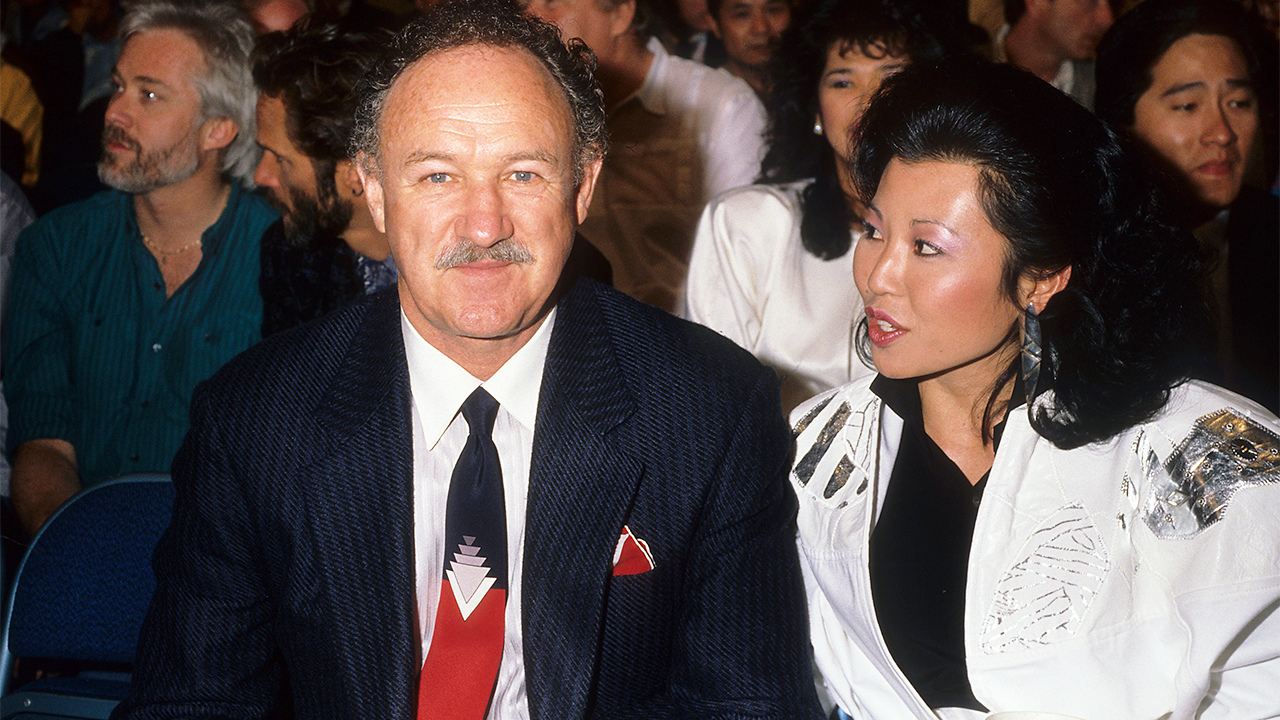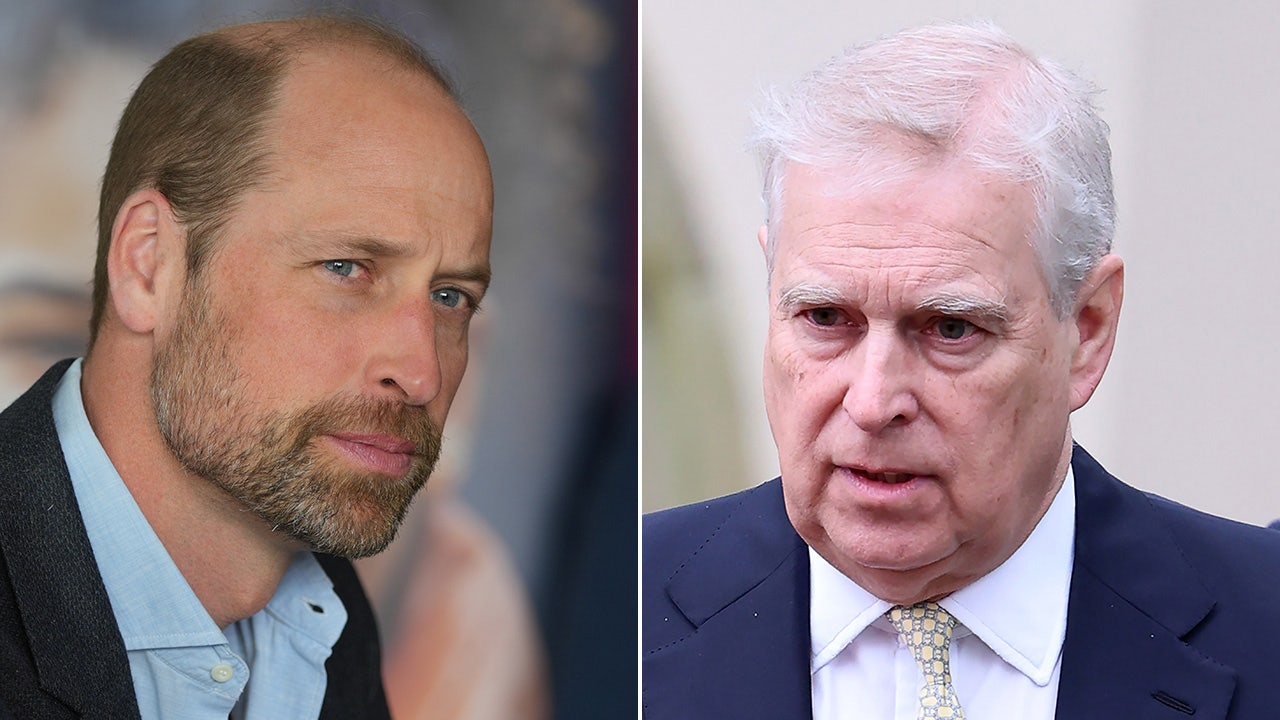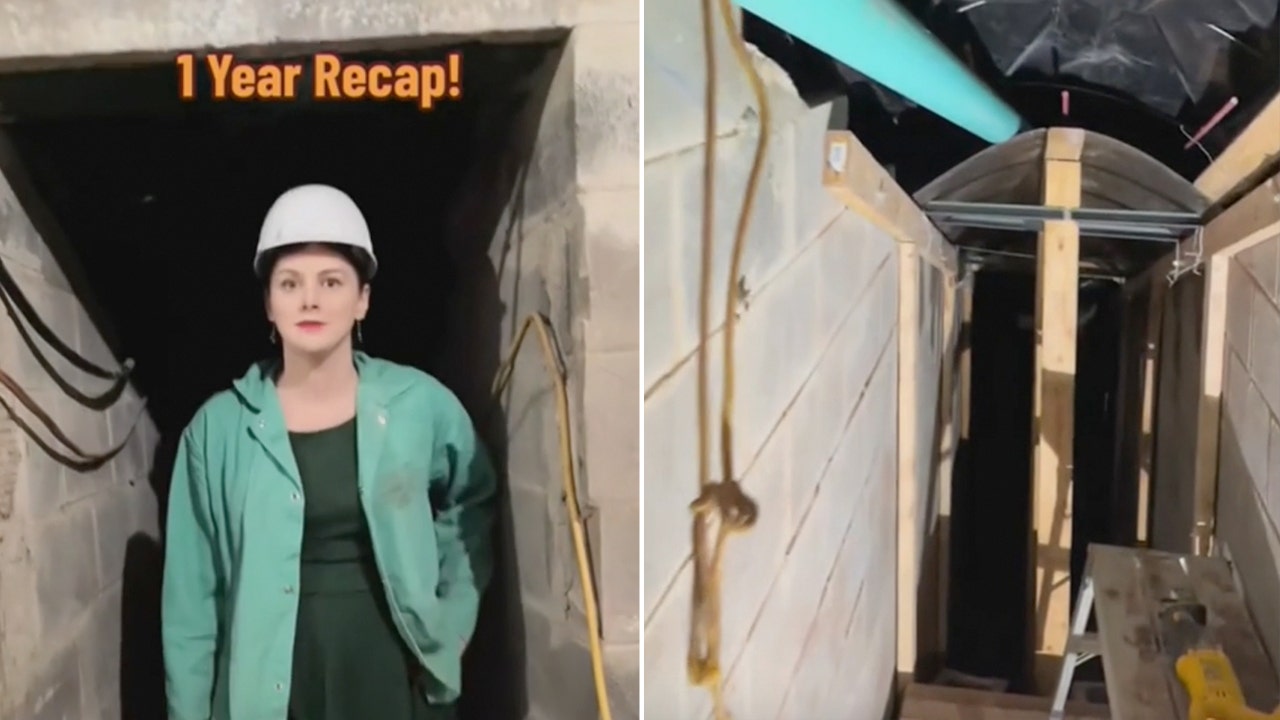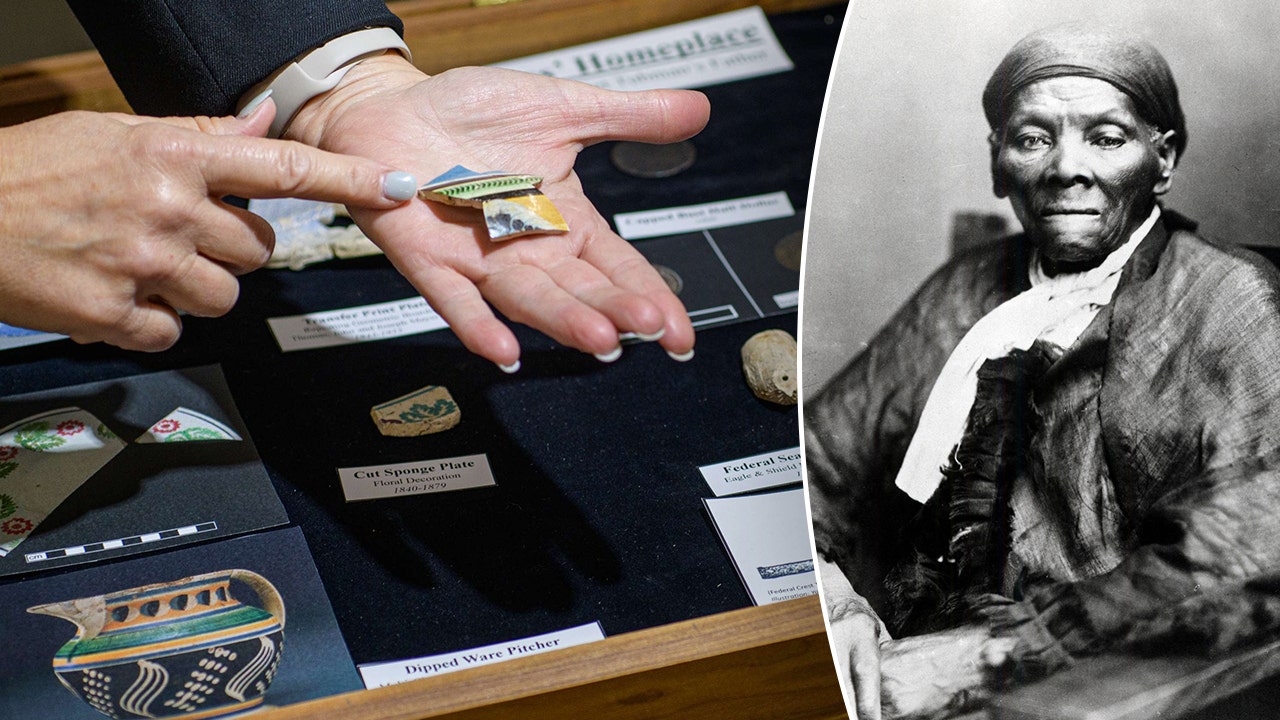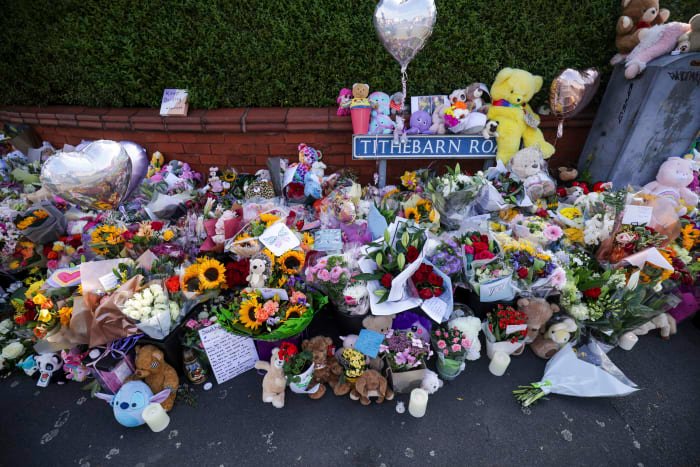Social Media’s Role in Spreading Misinformation: A Case Study on the Southport Stabbings
The Tragedy in Southport
LONDON – The recent stabbing attack in a quaint town in northwest England brought forth a wave of shock. The horrific incident claimed three young lives and left several other children injured, sending ripples of grief and confusion through the community. However, as memories of that tragedy began to form, an unsettling narrative emerged. Within hours of the attack, a name of a supposed suspect began circulating across social media platforms. This was no ordinary rumor; it was a false identity that would fuel public outrage and stir division in an already fraught atmosphere.
The Role of Social Media
In an age where a tweet can spread faster than news from traditional media, the power of social platforms comes with significant responsibilities. In this case, the name of the alleged perpetrator was soon linked to a narrative suggesting he was an asylum-seeker who had just arrived in Britain. Yet, as police clarified, the real suspect, a 17-year-old born in the U.K., was far from the character painted by these malicious rumors. His parents were, indeed, from Rwanda, but that detail did little to stem the tide of misinformation.
Lawmaker Patrick Hurley articulated the situation aptly when he stated that people, lured by sensationalism or sheer malice, were driven to Southport, hungry for conflict rather than clarity. The disturbing truth rests in the power of influencers—some motivated by profit, others by ideology—to exploit vulnerable moments for their own gain.
Communities Divide Amidst Misinformation
The false narrative quickly spiraled out of control, leading to violent protests outside a local mosque. Right-wing figures seized the moment, directing blame towards immigrants and people of Muslim faith, casting them into an unfair light. This manipulation was lamented by Sunder Katwala, director of British Future, who expressed dismay at how easily the truth can be overshadowed by speculative stories that create a "parallel universe" of alleged facts.
As the police struggled to maintain peace, misinformation amplified the drama on the streets. The chaos articulated not just a local unrest, but the pernicious potential of social media to distort perceptions and escalate tensions.
The Consequences of Viral Misinformation
Channels like Channel 3 Now, which reported the fabricated name, became unintentional ambassadors of chaos. Their apology about the misleading information, issued after the damage was already done, served as a classic example of how quickly trust can erode. With a mixture of perhaps AI-generated content and sensational storytelling, platforms can make misinformation seem credible, altering community dynamics in real-time.
Katwala observed that some individuals might be merely chasing traffic for financial gain, while others might genuinely believe the false claims, albeit fueled by a far-right agenda. Thus, we arrive at a bleak crossroads: the unchecked spread of toxic content leads to real-world harm, all under the guise of free speech.
Challenging the Narrative
As discussions ensued, U.K. Home Secretary Yvette Cooper pointed a finger at social media companies, insisting they must carry some responsibility for the content propagated on their platforms. This is a pivotal moment for companies like Facebook and X, which have faced scrutiny over their ability to combat misinformation effectively. In the face of recent global tragedies, there have been attempts to "de-amplify" harmful content. Yet, these measures often remain insufficient.
With the upheaval in the management of social media platforms post-Elon Musk’s acquisition of X, the battle against misinformation seems to be entering darker territory. The decay of systems dedicated to fact-checking and accountability only exacerbates the challenge.
Moving Forward
Reflecting on the events in Southport, we must ask ourselves: how can communities reclaim their narrative in an age dominated by misinformation? It is vital to foster media literacy and critical thinking among the populace. Only through education will individuals learn to discern credible sources from sensationalist headlines.
As communities heal from the tragedy of the stabbings, the focus must shift toward rebuilding trust, not just in each other but in the institutions that shape public discourse. Each false rumor not only distorts reality but further entrenches divisions that communities must work tirelessly to mend. Only then can we hope for a more united front against the insidious spread of misinformation.


























